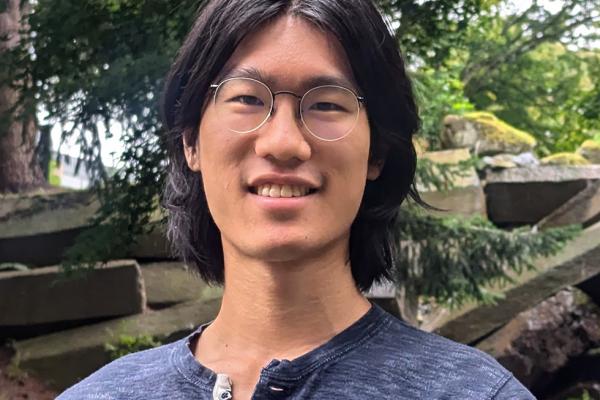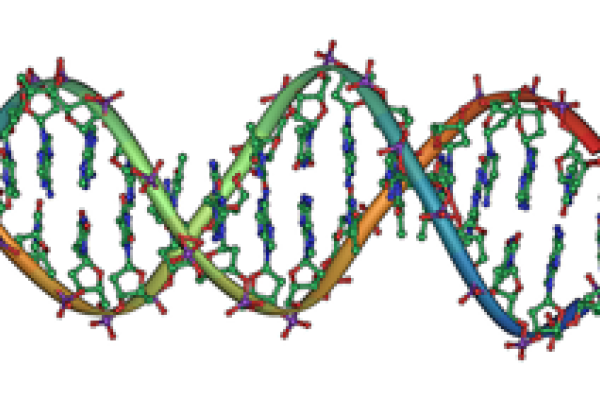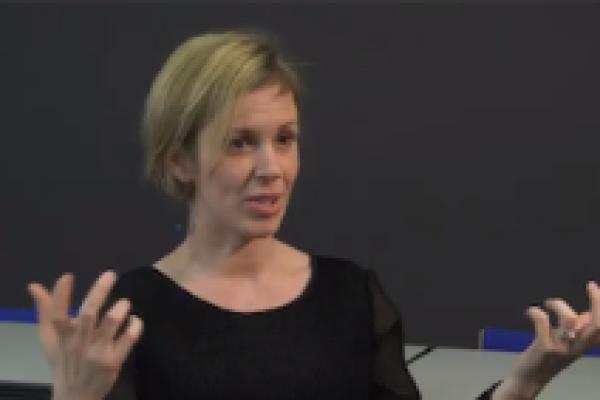Podcast


David Tong and 100 years of quantum mechanics
Join us in a wavy dance from the very small to the very large with theoretical physicist David Tong!







